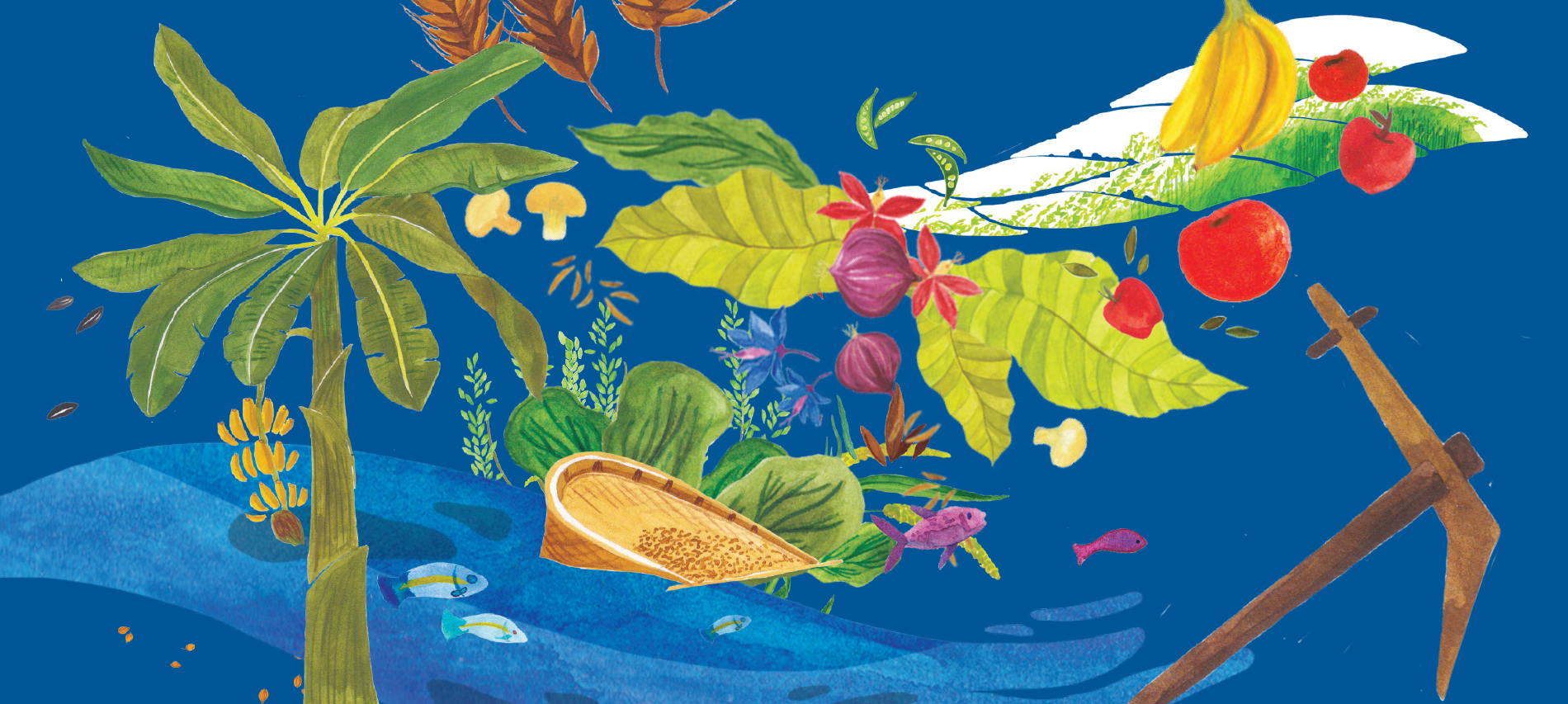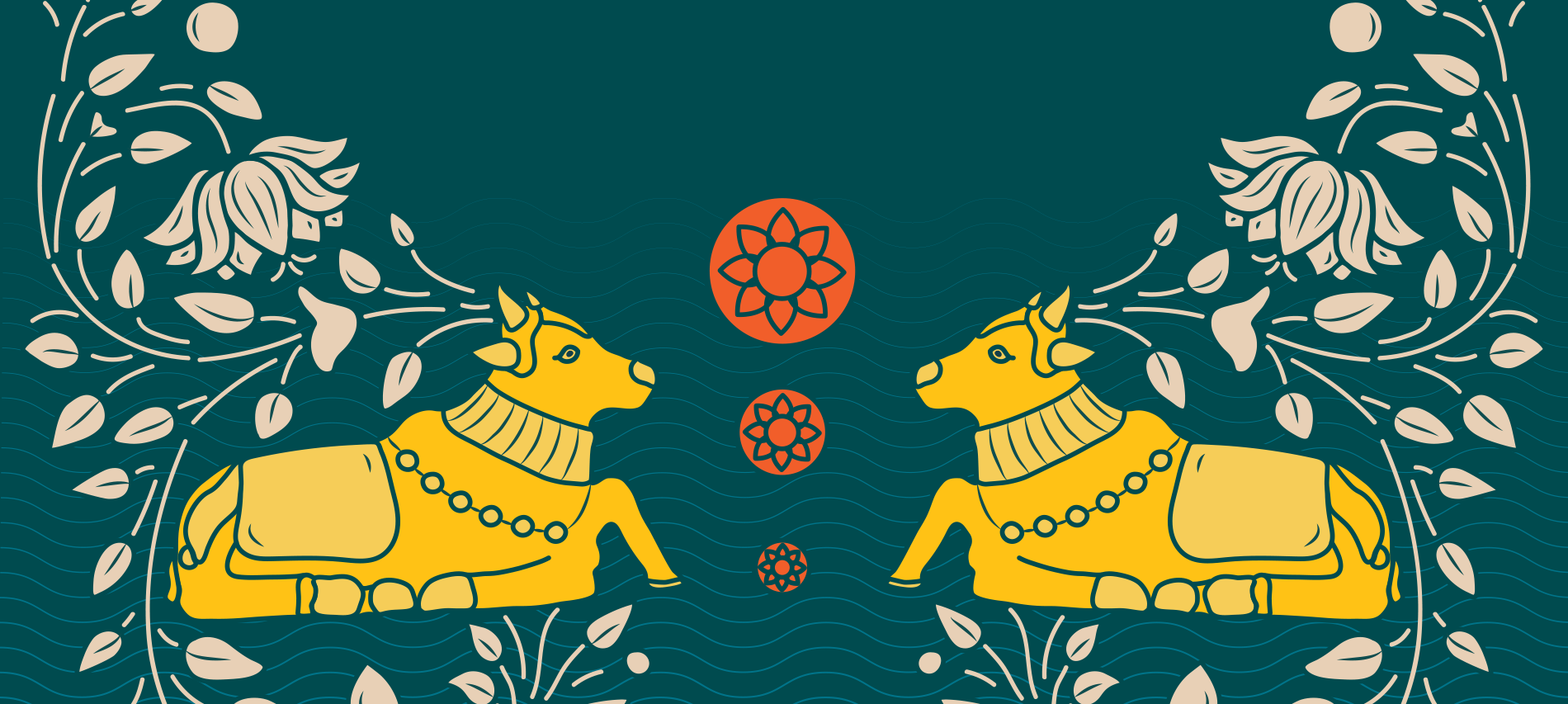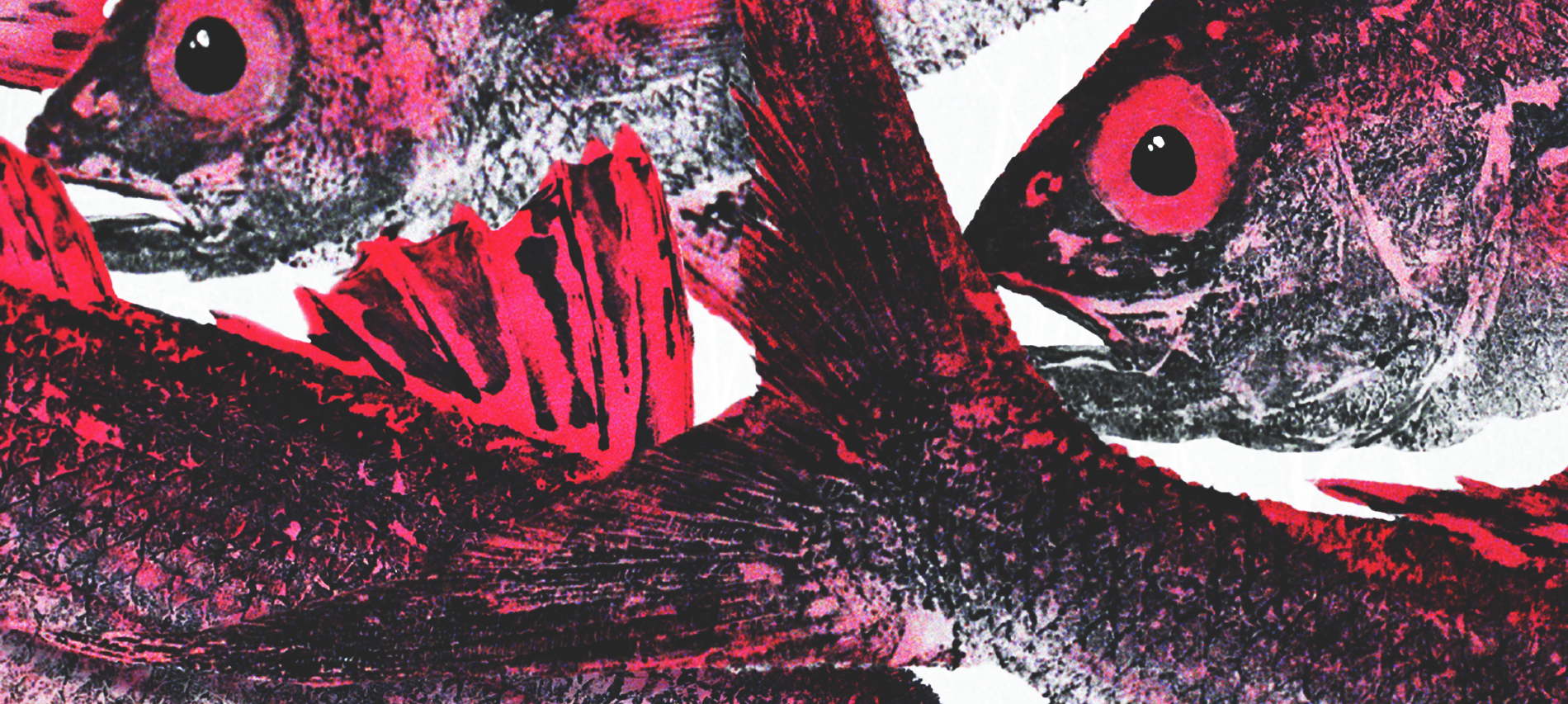A unique series focusing on the well-being of young readers, Dealing with Feelings by Sonia Mehta feature Foggy Forest, a tiny forest inhabited by many fun little animals. These quirky creatures are always there for one another – helping each other overcome fear, anxiety, shyness and anger, together dealing with all the different feelings one goes through every day.
Here are some lessons we learnt from the books.
———————————-







Tag: Penguin India
Fifty Shades Darker, An Excerpt
Determined to win Anastasia back, he tries to suppress his darkest desires and his need for complete control, and to love Ana on her own terms. Read E L James book, Fifty Shades Darker to dive deeper and darker on their love story,
Here’s an excerpt.
————————
Get a grip, Grey.
I damp down my fear and make a plea. “You look like you’ve lost at least five pounds, possibly more since then. Please eat, Anastasia.” I’m helpless. What else can I say?
She sits still, lost in her own thoughts, staring straight ahead, and I have time to study her profile. She’s as elfin and sweet and as beautiful as I remember. I want to reach out and stroke her cheek. Feel how soft her skin is…check that she’s real. I turn my body toward her, itching to touch her.
“How are you?” I ask, because I want to hear her voice.
“If I told you I was fine, I’d be lying.”
Damn. I’m right. She’s been suffering—and it’s all my fault. But her words give me a modicum of hope. Perhaps she’s missed me. Maybe? Encouraged, I cling to that thought. “Me, too. I miss you.” I reach for her hand because I can’t live another minute without touching her. Her hand feels small and ice-cold engulfed in the warmth of mine.
“Christian. I—” She stops, her voice cracking, but she doesn’t pull her hand from mine.
“Ana, please. We need to talk.”
“Christian. I…please. I’ve cried so much,” she whispers, and her words, and the sight of her fighting back tears, pierce what’s left of my heart.
“Oh, baby, no.” I tug her hand and before she can protest I lift her into my lap, circling her with my arms.
Oh, the feel of her.
“I’ve missed you so much, Anastasia.” She’s too light, too fragile, and I want to shout in frustration, but instead I bury my nose in her hair, overwhelmed by her intoxicating scent. It’s reminiscent of happier times: An orchard in the fall. Laughter at home. Bright eyes, full of humor and mischief…and desire. My sweet, sweet Ana.
Mine.
At first, she’s stiff with resistance, but after a beat she relaxes against me, her head resting on my shoulder. Emboldened, I take a risk and, closing my eyes, I kiss her hair. She doesn’t struggle out of my hold, and it’s a relief. I’ve yearned for this woman. But I must be careful. I don’t want her to bolt again. I hold her, enjoying the feel of her in my arms and this simple moment of tranquility.
But it’s a brief interlude—Taylor reaches the Seattle downtown helipad in record time.
“Come.” With reluctance, I lift her off my lap. “We’re here.”
Perplexed eyes search mine.
“Helipad—on the top of this building.” How did she think we were getting to Portland? It would take at least three hours to drive. Taylor opens her door and I climb out on my side.
“I should give you back your handkerchief,” she says to Taylor with a coy smile.
“Keep it, Miss Steele, with my best wishes.”
What the hell is going on between them?

Mother Earth, Sister Seed: 5 Facts De-mystifying the Old Ways
Lathika George is a writer, landscape designer, environmentalist and organic gardener. She has published articles on food, design, travel, gardening and the environment in InsideOutside, Architectural Digest, Food 52, Condé Nast Traveler, The Hindu’s BLink. In Mother Earth, Sister Seed, she looks at India’s traditional agricultural communities and the changes-some good, some not-that good, modernization and urbanization have wrought.
Here are a few facts from the book de-mystifying the old ways.
————————–






Ten Things You Didn’t Know about Taslima Nasrin
Taslima Nasrin is an award-winning novelist, poet, celebrated memoirist, columnist, physician, secular humanist and human rights defender. She has written 44 books out of which some have been translated into thirty different languages. Taslima Nasrin’s works have won her the prestigious Ananda Puraskar in 1992 and 2000. Her new, bold and evocative book, Split: A Life, opens a window to the experiences and works of one of the bravest writers of our times.
Here are ten facts you didn’t know about her.
—————–











Author Nanditha Krishna on the close relationship between Hinduism and Nature
There is a close symbiotic relationship between Hinduism and Nature. The basis of Hindu culture is dharma or righteousness, incorporating duty, cosmic law and justice. Every person must act for the general welfare of the earth, humanity, all creation and all aspects of life. Dharma is meant for the well-being of all living creatures. The verses of the Vedas express a deep sense of communion of man with god. Nature is a friend, revered as a mother, obeyed as a father and nurtured as a beloved child. In Vedic literature, all of nature was, in some way, divine, part of an indivisible life force uniting the world of humans, animals and plants.
Five thousand years ago, the Vedic sages showed a clear appreciation of the natural world and its ecology. There is a hymn to the rivers (Nadistuti Sukta) in the Rig Veda and a hymn to the earth (Prithvi Sukta) in the Atharva Veda. Throughout the Vedas there is a deep respect for life which is an important manifestation and expression of the gods. The need to protect and conserve biological diversity is exemplified in the representation of Shiva, Parvati, their two sons Karttikeya and Ganesha and their vahanas or vehicles – bull, lion, peacock and mouse respectively – who live in close harmony.
There is a very strong and intimate relationship between the biophysical ecosystem and economic institutions which are held together by cultural relations. Hinduism has a definite code of environmental ethics and humans may not consider themselves above nature, nor can they claim to rule over other forms of life. Every aspect of nature is sacred for the Indic religions: forests and groves, gardens, rivers and other waterbodies, plants and seeds, animals, mountains and pilgrimage centres. The sacred is still visible in modern India. All creation is a manifestation of the divine with no dichotomy between humanity and divinity. Religious practices are influenced by local environmental and festivals coincide with a natural phenomenon.
I fell in love with sacred groves attached to Hindu temples, where not a twig may be broken and which are the remnants of ancient forests where sages lived in harmony with nature; with rivers that gush from the hills and meander through the land; with the sacred tanks attached to each temple, the sacred plants and the animals respected by my religion; with the awe-inspiring mountains which reach up to the skies and where the Gods live. Every festival reminds us of the importance of nature in our lives. As the author of Sacred Plants of India and Sacred Animals of India I explored the divine relationship between human beings, plants and animals, which are an essential part of every Hindu prayer.
“The Earth is my mother and I am her child,” says the hymn to the Earth in the Atharva Veda. The human ability to merge with nature was the measure of cultural evolution. Hinduism believes that the earth and all life forms – human, animal and plant – are a part of Divinity, each dependant on the other for sustenance and survival. All of nature must be treated with reverence and respect. If the forests, clean water and fresh air disappear, so will all life as we know it on earth.
——————————————————
A historian, environmentalist and writer based in Chennai, Nanditha Krishna has a PhD in Ancient Indian Culture from Bombay University. She has been a professor and research guide for the PhD programme of C.P.R. Institute of Indological Research, affiliated to the University of Madras. Her latest book, Hinduism and Nature delves into the religion’s deep respect for all life forms, the forests and trees, rivers and lakes, animals and mountains, which are all manifestations of divinity. 
Will You Still Love Me, An Excerpt
Ravinder Singh is the bestselling author of I Too Had a Love Story, Can Love Happen Twice?, Like It Happened Yesterday, Your Dreams Are Mine Now and This Love That Feels Right . His new book, Will You Still Love Me is deeply moving, disturbingly close to reality, and love at its worst and its best.
Here’s an excerpt.
_______________________
Rajveer sat down on his seat and looked at her with newfound feelings. The spectacle of a sleeping beauty kindled a variety of emotions in his heart. Now that he could look at her without feeling self-conscious, Rajveer realized how attractive a woman Lavanya was! His eyes rested on the glowing skin of her face and her neck before they slid down to her waist, to the skin visible between the blouse and the long skirt she wore. He watched the rhythmic rise and fall of her chest as she slept. The tiny sleeves of her blouse clung to her elegantly shaped arms.
Rajveer took in the details of her beauty—her jet-black silky hair that lay softly on her shoulders, her not so long fingers that ended in shapely nails. She possessed a well-toned body many women only craved for. Lavanya wasn’t tall, yet her average frame possessed more than enough charm to be considered quite striking.
Then suddenly she turned her head in her sleep. It made Rajveer immediately retract his gaze. He thanked god that she hadn’t abruptly opened her eyes and caught him staring at her. He then looked around self-consciously to check if anybody else had noticed him doing so. He was safe, he realized.
To distract himself, Rajveer pulled out the Hello 6E from the seat pocket in front of him and began flipping through it. He occasionally checked on Lavanya too, who remained deep in sleep.
More than half an hour passed this way. By then, Rajveer had also pulled out his laptop from his luggage and had begun working on it. Just then he heard the captain’s voice letting passengers know that he had initiated the descent of the plane. This woke up Lavanya from her sleep.
‘Slept well?’ Rajveer asked. There was a sense of familiarity as he spoke and a certain softness.
She rubbed her palms over her face and then looked at him, ‘Yes. I feel so fresh now!’ She smiled.
Then reacting to the announcement that the use of lavatories was not allowed as they had begun descent, Lavanya quickly unbuckled her seat belt. She wanted to use the loo as soon as possible.
Caught by surprise, Rajveer had to quickly close his laptop, place the in-flight magazine on the middle seat, close the tray table, and then unbuckle himself, all in a rush. Lavanya didn’t have much time. She tried to manoeuvre through the narrow space between Rajveer’s legs and the seat in front. In the process, Rajveer’s knees rubbed against her skirt. Her touch and proximity felt like a jolt of electricity to him. Briefly he found himself staring straight at her bare, slender waist. Gosh! How much he wanted to feel that dewy skin on the tips of his fingers. He got a whiff of her perfume and he inadvertently took in a deep breath.
‘Sorry,’ Lavanya apologized for the discomfort to Rajveer. You are welcome, he said in his mind.

Quiz: Can You Be A CEO?
The Making of a CEO is the result of interviews and analysis of top-level CEOs across various sectors. The book has it genesis in a popular course Krishnan taught at IIMB, where the students interviewed and analysed twenty CEOs to learn how they charted a clear path to the top.
Do you have the potential to be a CEO? Here’s how you can check it out:

7 Quotes about 'The Tatas' that will make you pick a copy of 'Creation of Wealth'
Russi M. Lal started his career in journalism in 1948 at the age of nineteen. He was the director of Tata’s premier trust, the Sir Dorabji Tata Trust, for eighteen years as well as the co-founder and chairman of the Centre for Advancement of Philanthropy. The Creation of Wealth is R.M. Lala’s best-selling account of how the Tatas have been at the forefront in the making of the Indian nation.
Here are 10 phenomenal quotes about the Tatas from some of the most notable personalities of this country.
———————————–






 To know how modern India came into existence, you must pick a copy of Creation of Wealth!
To know how modern India came into existence, you must pick a copy of Creation of Wealth!

6 Times Jonahwhale Touched our Hearts
Ranjit Hoskote is the author of five major books of poems, including, most recently, Central Time, Vanishing Acts and eighteen works of cultural criticism. He is the editor of Dom Moraes: Selected Poems. His translations include I, Lalla: The Poems of Lal Ded. His latest, Jonahwhale, is a sophisticated project in anamnesia, that retrieves fragments and episodes from the multiple pasts that we inherit; it makes an inquiry into the unregarded legacies of the colonial encounter at sea rather than on land.
Let’s have a look at 6 most heart touching vignettes from the book.
—————————
1. Dunhuang

2. Kushan Dawn Song

3. Planetarium

4. Passage

5. The Refugee Pauses in Flight

6. The Swimming Pool


Pakistan’s Nuclear Bomb by Hassan Abbas – An Excerpt
In this inside view of Pakistan’s nuclear programme, Hassan Abbas profiles the politicians and scientists involved in the development of the country’s nuclear bomb, and the role of China and Saudi Arabia in supporting its nuclear infrastructure. Drawing on extensive interviews, the book also examines Pakistani nuclear physicist A.Q. Khan’s involvement in nuclear proliferation in Iran, Libya and North Korea.
Let’s read an excerpt from the book.
———————————-
When A.Q. Khan finally joined the PAEC in January 1976, a small uranium-enrichment programme code named Project 706 (also known as the Directorate of Industrial Liaison) had been in place under the management of Sultan Bashiruddin Mahmood since October 1974. Munir Khan was directly supervising the nascent project, but there is almost a consensus among experts that it was going nowhere before A. Q. Khan.119 A. Q. Khan was asked to report to Mahmood as director of research and development, but was unhappy about that, given his vastly superior qualifications. Bhutto had already approved the construction of a centrifuge research and development laboratory under an unassuming title: the Aviation Development Workshop (ADW).120 It was a good cover, as this was located in the old barracks at Chaklala Airport, between Islamabad and Rawalpindi.
Within a matter of months A. Q. Khan ran into trouble with Munir Khan and others involved in the project. One view is that personality clashes and a desire for more control over the project brought the two Khans and others into conflict. What is often ignored here is the fact that A. Q. Khan was used to working in environments where efficiency and discipline were valued very highly. He had risen in his professional career because of his hard work and professionalism. The PAEC was quite different, as he quickly found out. It was more individual driven, and A. Q. Khan found it difficult to adjust. Disappointed with the lack of support from Munir Khan, A. Q. Khan told the prime minister that he needed financial and administrative independence to be able to deliver. He bitterly argued that he ‘could have contributed at least ten times more’ if he had been allowed to operate the way he wanted to.121 Bhutto appeared receptive to A. Q. Khan’s demands, as he was well acquainted with bureaucratic culture in Pakistan. He could see that jealousies were at play. To remove the administrative hurdles and bickering that had developed between the two Khans, he decided to give A. Q. Khan independent control of the centrifuge project. He did so by administratively separating the centrifuge project from the PAEC; the new institution was named the Engineering Research Laboratories (ERL). It was inaugurated on 31 July 1976, under A. Q. Khan’s direct command. The ERL project remained a well-kept secret and, other than the prime minister, only Ghulam Ishaq Khan knew the specifics of A. Q. Khan’s operation. As is evident from A. Q. Khan’s recent writings (as a columnist for The News since 2015), he had complete freedom to hire and make appointments in the organization—and he was able to attract the best scientific minds in the country

















